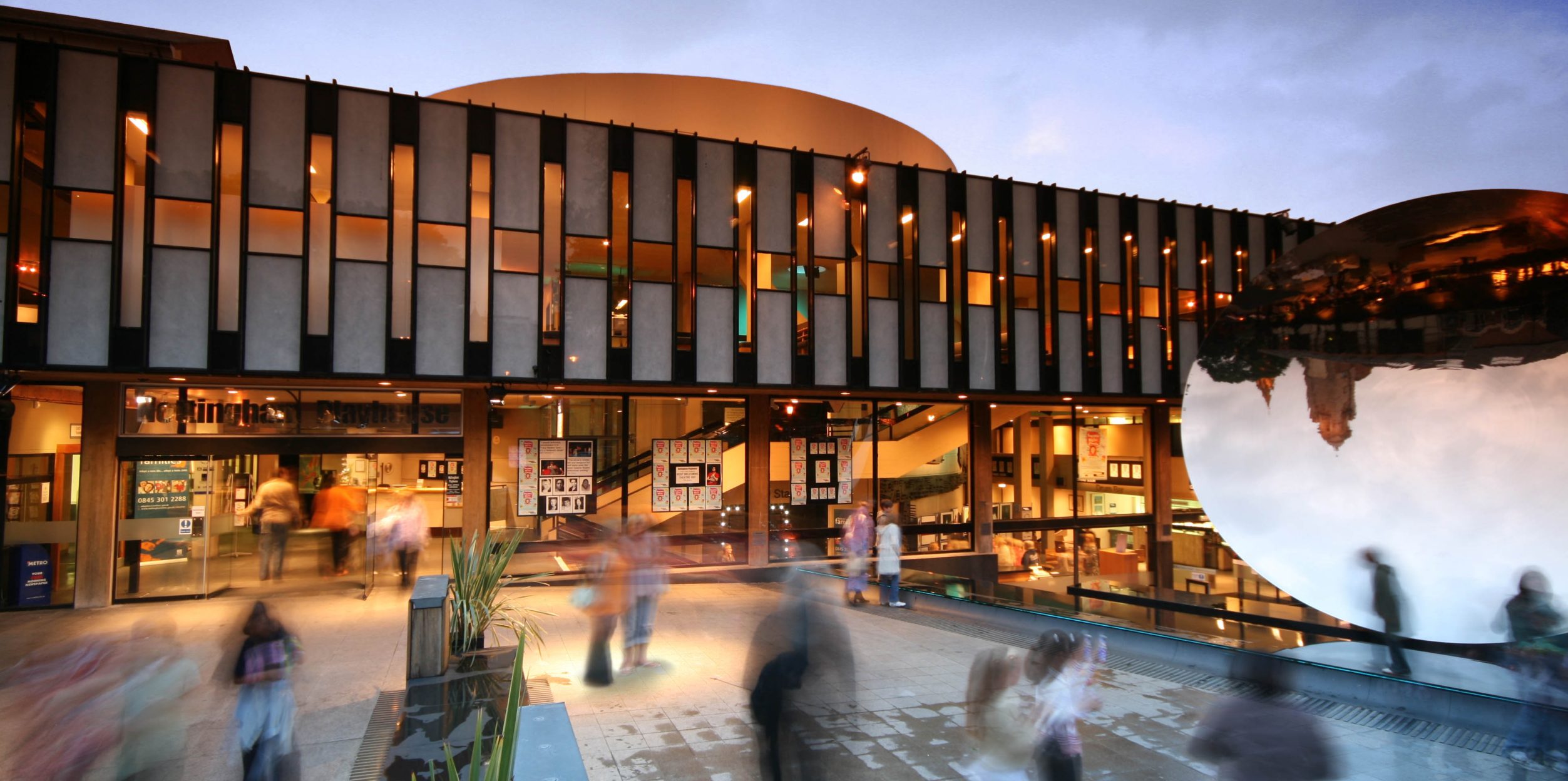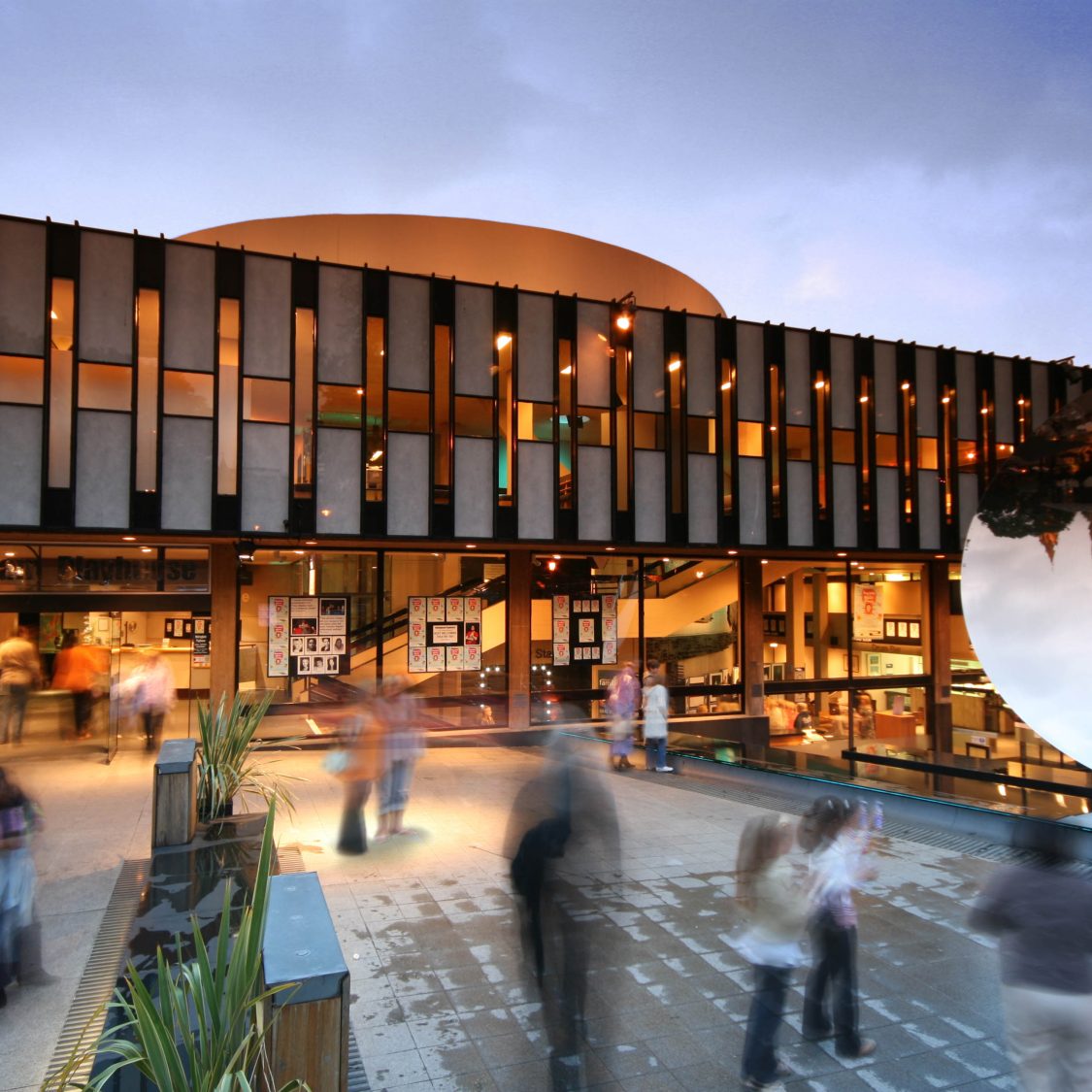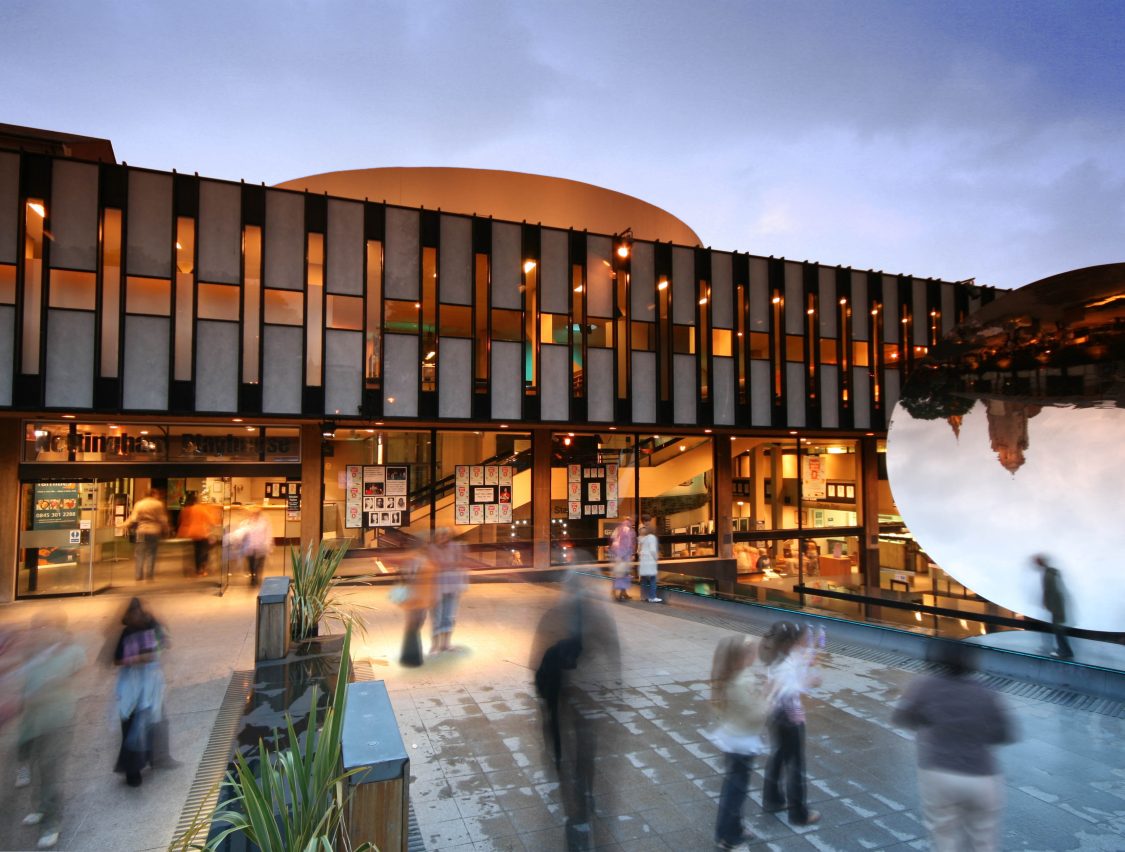These workshops are an opportunity for anyone from the trans community to get creative, meet new people, and explore the world of theatre-making in a safe and fun environment. All ability levels welcome! The sessions are about everyone improving at their own pace, and learning to work collaboratively. Trans Drama Ensemble is a welcoming group aimed at over-18’s who are trans, non-binary, gender-nonconforming, gender-questioning, etc. Nobody has their ‘trans card’ checked on the door!
Please wear comfortable clothing that you can move in, and flat soled shoes.
17 June: Light and Shadow
Not just shadow puppets! Creating theatre where stories and emotions are communicated or intensified using lights and darkness. The session will also include an introduction to the type of stage lights you typically find in a theatre, and how they are used by lighting designers and directors.
Over the course of this session you will:
- Learn how lighting designers use light and shadow to help tell a story.
- Work in pairs to make a simple lighting plot, for a miniature stage with scenery (model box).
- Work in groups to devise a simple piece of theatre where the performers use lights as part of the action.
15 July: Storytelling and Real People
In this session we will explore the process of interviewing people, or acquiring interviews and transcripts of real people speaking about their experiences, and turning these materials into performances. This is known as ‘verbatim theatre’ and has a long and rich history. The session will be inspired by practitioners such as Alecky Blythe, and ‘piss/CARNATION’.
Please wear comfortable clothing that you can move in, and flat soled shoes.
Over the course of this workshop you will:
- Look at some examples of verbatim theatre, and learn about the different forms it can take.
- Work in pairs to re-tell another person’s story, imitating their voice as closely as possible.
- Work in small groups to dramatize a real excerpt of a court transcript.
- Learn about the process of collecting interviews from real people, and how to do this in a respectful and ethical way.
- Work collaboratively and use an interview as the basis for a short piece of verbatim theatre.

Safeguarding
Every child and vulnerable adult we work with should feel safe, valued and respected with their views and concerns listened to. We have a responsibility to promote their welfare and to ensure our practices as an organisation prioritise their safety.
Find Out More about Safeguarding
